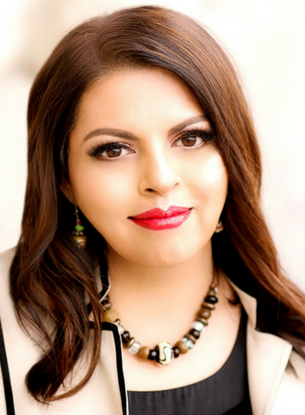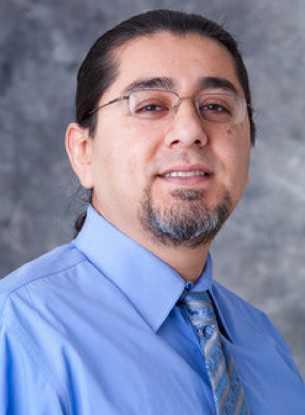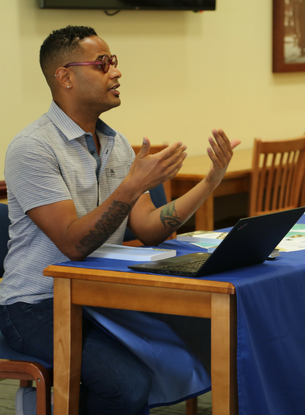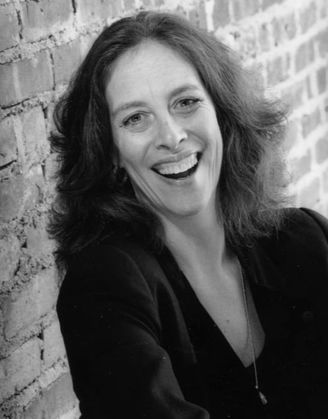This spring, Appalachian State University's Reich College of Education (RCOE) will participate in the Association for the Study of Higher Education’s (ASHE) “Woke Research Methodologies” Series.
The series, hosted by Dr. Natasha N. Croom, an Assistant Professor of Higher Education in the College of Education at Clemson University, is designed to encourage viewers to consider the current state of higher education research and to prompt participants to critically explore policies, practices and experiences of people in relation to research in postsecondary contexts.
Each episode will feature an engaging, conversational interview with critical scholars within and beyond the field of higher education whose perspectives shed light on what it means to engage in woke research. The scholars will define what “woke research” means to them and discuss methodological approaches they use to inform research practices and engage with research processes.
Sessions are free and open to all and will take place in RCOE 230 on the following Wednesdays at 12:00 pm:
- Wednesday, April 25 / 12:00 pm
- Wednesday, May 16 / 12:00 pm
- Wednesday, June 20 / 12:00 pm
- Wednesday, July 18 / 12:00 pm
Each session includes a one-hour live-streamed lecture from a national leader in the field, followed by a group discussion facilitated by RCOE faculty.
No RSVP required. Drop in as you are able. Bring a bag lunch.
About the Sessions
Learning to do “woke” qualitative research: How to break the master’s rules and tools
with Dr. Kakali Bhattacharya, Kansas State University

Facilitated by: Damiana Pyles (Curriculum and Instruction) and Tempestt Adams (Curriculum and Instruction)
Date: Wednesday, April 25, 2018
Time: 12:00 pm - 1:30 pm
Location: RCOE 230
Zoom Link: https://appstate.zoom.us/j/227995309
Add to calendar
About Dr. Kakali Bhattacharya
Dr. Kakali Bhattacharya has published 30 refereed articles, four books, 10 book chapters, holds editorial responsibilities with a Rutledge Book Series titled Futures of Data Analysis in Qualitative Research. Her work has explored methodological and theoretical possibilities of de/colonizing qualitative research for the past thirteen years specifically within the context of higher education and beyond. Read more.
Critical Race Quantitative Intersectionality as a Praxis Methodology
with Dr. Alejandro Covarrubias, California State University, Los Angeles

Facilitated by: Lucy Purgason (Human Development and Psychological Counseling)
In person attendance
Date: Wednesday, May 16, 2018
Time: 12:00 pm - 1:30 pm
Location: RCOE 230
Online attendance
Session registration (participants must register for each speaker): https://ashewokeresearchseries.weebly.com/speakers.html
Zoom Link (post session discussion): https://appstate.zoom.us/j/227995309
About Dr. Alejandro Covarrubias
Assistant Professor (Dept. of Chicana(o) and Latina(o) Studies) California State University, Los Angeles Dr. Alejandro Covarrubias, a southern California native and sixth child of Mexican migrants from Jalisco, is an activist scholar who confronts the persistence and pervasiveness of white supremacy in American institutions and policies. Specifically, he studies the impact of an intersectional structural subordination on the educational opportunities for individuals in distinct racialized spaces. Dr. Covarrubias has extensive experience in community-based praxis projects, having founded and led two separate non-profit organizations, Los Angeles Communities Advocating for Unity, Social Justice and Action (LA CAUSA) and the Institute of Service-Learning, Power, & Intersectional Research (INSPIRE), in East Los Angeles and Watts, respectively. Read more.
Critical Theory and Quantification
with Dr. Ezekiel Dixon-Román, University of Pennsylvania

Facilitated by: N. Jordan (Human Development and Psychological Counseling)
In person attendance
Date: Wednesday, June 20, 2018
Time: 12:00 pm - 1:30 pm
Location: RCOE 230
Online attendance
Session registration (participants must register for each speaker): https://ashewokeresearchseries.weebly.com/speakers.html
Zoom Link (post session discussion): https://appstate.zoom.us/j/227995309
About Dr. Ezekiel Dixon-Román
Ezekiel Dixon-Román is an Associate Professor in the School of Social Policy & Practice at the University of Pennsylvania as well as the chair of the data analytics for social policy certificate program. He maintains a program of research that rethinks and re-conceptualizes the technologies of quantification from a critical theoretical lens (broadly conceived). He’s particularly interested in how power and inequality are reproduced, especially in human learning and development, and the ways in which socio-technical systems of quantification are working on, with, and in the body to generatively form and shape the movement and flow of power, difference, and inequality. Read more.
Just Research in Contentious Times: Widening the Methodological Imagination
with Dr. Michelle Fine, City University of New York

Facilitated by: Audrey Dentith (Educational Leadership)
In person attendance
Date: Wednesday, July 18, 2018
Time: 12:00 pm - 1:30 pm
Location: RCOE 230
Online attendance
Session registration (participants must register for each speaker): https://ashewokeresearchseries.weebly.com/speakers.html
Zoom Link (post session discussion): https://appstate.zoom.us/j/227995309
About Dr. Michelle Fine
Michelle Fine is a Distinguished Professor of Critical Psychology, Women’s Studies and Urban Education at the Graduate Center, CUNY. Fine is currently involved in “national conversations” with Muslim American youth and a national participatory project designed by and for LGBTQ youth of color – including a subsample of Muslim American youth. Fine has testified as an expert witness in well known gender, sexuality and race discrimination education cases, and is the recipient of a range of awards. Read more.
Questions? Please contact Nickolas Jordan for more information.
About the Host: Dr. Natasha N. Croom
Dr. Natasha N. Croom is an Assistant Professor of Higher Education in the College of Education at Clemson University. She is particularly interested in (1) issues of access, equity, and success for women of colour faculty and students, (2) dismantling interlocking systems of oppression in higher education institutional policy and practice, and (3) expanding the use of critical race feminist and intersectionality theory in higher education research and practice. Read more.

